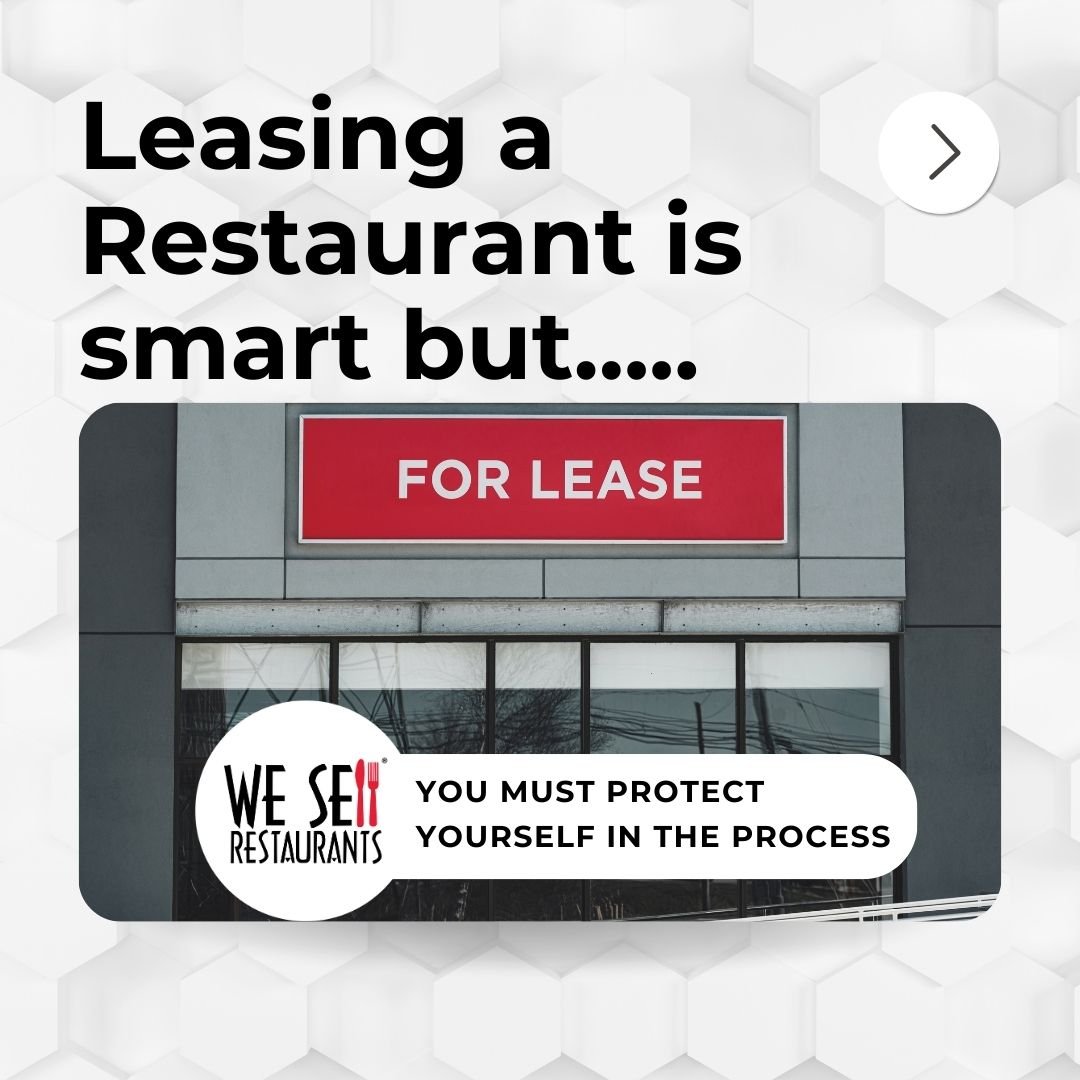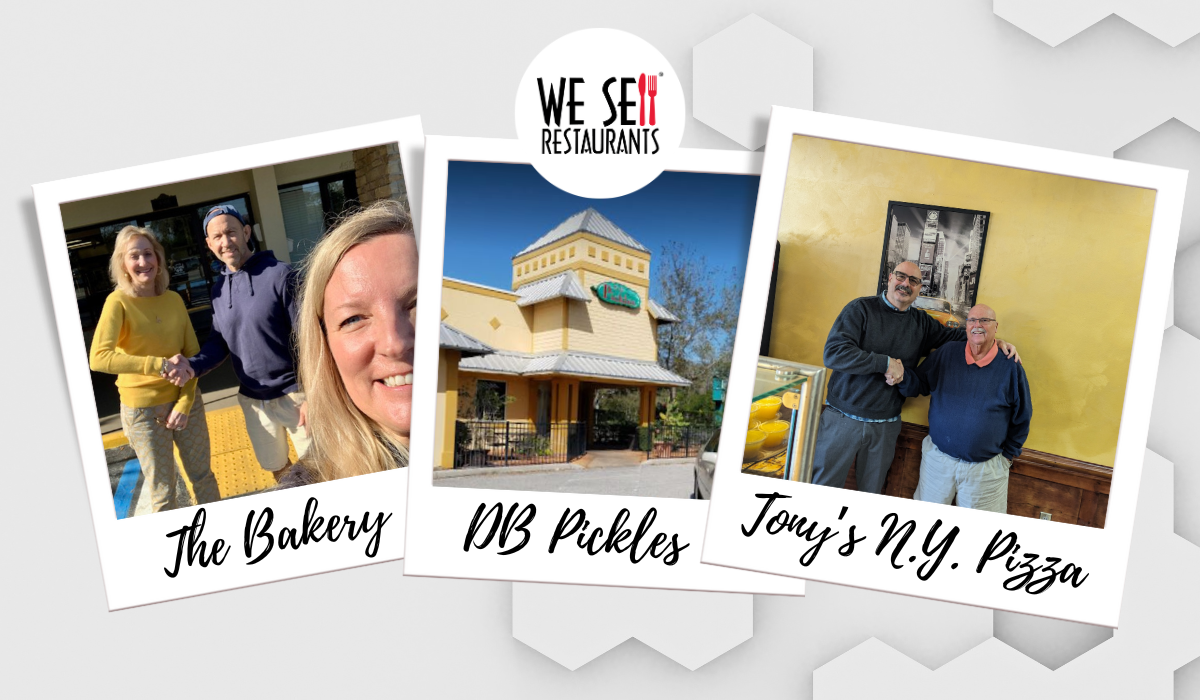 As restaurant brokers, we perform a lot of research before selling a restaurant. Our first stop is Google where inevitably, Facebook, the business website and reviews show up first. It turns out that we are not the only ones. Restaurant buyers and customers alike trust the Internet to give them recommendations. While we all still get business the old fashioned way, i.e. loyal customers of our business, increasingly, the next best place for suggestions is online. A survey released in August of 2012 and recently quoted in an article on Monkeydish found that after a friend’s recommendation, the Internet has the next greatest pull over where someone decides to dine.
As restaurant brokers, we perform a lot of research before selling a restaurant. Our first stop is Google where inevitably, Facebook, the business website and reviews show up first. It turns out that we are not the only ones. Restaurant buyers and customers alike trust the Internet to give them recommendations. While we all still get business the old fashioned way, i.e. loyal customers of our business, increasingly, the next best place for suggestions is online. A survey released in August of 2012 and recently quoted in an article on Monkeydish found that after a friend’s recommendation, the Internet has the next greatest pull over where someone decides to dine.
Here are the hard numbers in the survey conducted and published originally on angelasmith.net. 1
- 48.9% of respondents first look to a friend for restaurant suggestions, while 22.8% initially turn to consumer-generated websites for recommendations
- 80.1% of respondents do additional research after receiving a recommendation from a friend. About 27.7% look at consumer-generated websites for more information and 27% go to the restaurant’s website
- 16.5% of respondents named Google as their go-to for additional research
While we mentioned Yelp in the headline, that’s just one of many restaurant review websites. Chowhound, Open Table and Google Plus routinely offer the ability to add a review online and customers eagerly participate. Unfortunately, it always seems as if that one disgruntled guest with a poor experience rises to the top ahead of a hundred glowing reviews.
Review websites are not the only way to get damaged online. It used to be only Zagat and the Food Critic at the local newspaper wrote a review. In today’s online world, everyone fancies themselves a foodie and most have no compunction about posting their opinion online. Someone who has never trained in the industry and without any experience can go for a “shock jock” foodie blogger approach and damage the reputation of your business. This makes selling a restaurant more difficult.
You will never be able to eliminate bad reviews but you can arm yourself with knowledge. As restaurant brokers, we offer this advice.
1) As soon as you finish this article, set up a Google alert on your personal name and your restaurant name. Knowledge is power. Google will email you every time you show up online so you get the news in time to react to it.
2) Carefully craft a response or attempt to reach the person who is making the statements but be careful about responding online. There’s an old adage “teacher, preacher, boss” to keep in mind when posting on the web. Avoid answering defensively or when you are angry. If you wouldn’t make the statement to your “teacher, preacher, boss” then don’t post it. In the world of the “way back” machine, everything put online is forever. The last thing you want is for a Twitter argument with a customer to go viral.
3) Consider the review and investigate the issues. A popular TV show posting hidden cameras demonstrates restaurant owners don’t always know what’s happening when you’re not at the business. If your servers are mouthing off at clients when you’re not there, correct the situation and thank the client for letting you know.
4) Reputation “cleanup” companies exist that will work to help you repair your online reputation but we hesitate to recommend these. They are expensive and may post reviews that feel “canned” or made up. The best way to have a good reputation online is lots of positive reviews that push bad reviews down in the search engine results. These should organically occur when you’re doing a good job running your restaurant.
5) Lastly, if the posted remarks are untrue, they may cross the line from being annoying to reaching the level of slander per se. In some states (like Georgia), damages don’t need to be proven and a defense of the truth is enough to get comments withdrawn with the threat of a lawsuit. This is a last step approach when it appears someone is intentionally damaging your good reputation.
For anyone operating a business and especially for someone selling a restaurant, it’s important to know everything being said online including the good, the bad and the ugly. Years of posting stellar service experiences can go to the wayside with the ranting of one client facing a bad experience the single night your sous chef called in sick and a 30-top landed with no reservations. Take this advice from the restaurant brokers and know what's being said online before selling your restaurant.
Do you LIKE this article from the restaurant brokers? SHARE it online please at Facebook, Linked In, Twitter or Pinterest.
1Source: Angelasmith.net; Groundbreaking Survey Reveals How Diners Choose Restaurants; August, 2012

 404-800-6700
404-800-6700








